FAQs | Everything You Need To Know About Projector Light
Projectors have revolutionized the way we view images and videos, transforming any space into a makeshift theater. At the heart of this technology liesprojector light, a crucial component responsible for projecting clear, vibrant images onto screens or walls. Here, we delve into the world of projector light, answering the most frequently asked questions to help you understand everything you need to know.
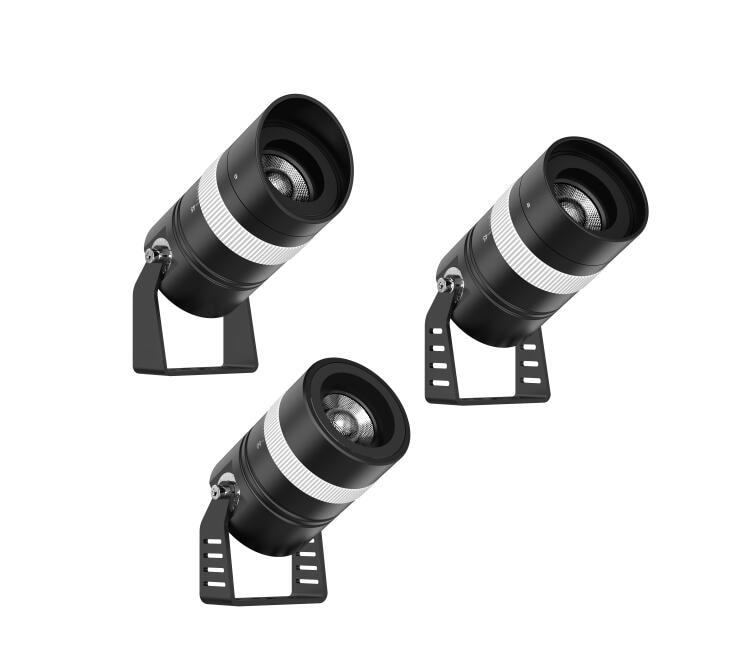
What is Projector Light?
Projector light refers to the light source used by projectors to illuminate and project images onto a surface. It's the backbone of the projection process, as it enables the conversion of digital information into visible, lifelike visuals.
How does Projector Light Work?
Projector light works by emitting a bright beam of light that passes through a series of lenses and mirrors, ultimately projecting an image onto a screen or wall. The image is first generated by the projector's internal circuitry, which converts digital data into an optical signal. This signal is then directed towards the light source, where it's illuminated and projected outwards.
What Types of Projector Light Sources are Available?
There are several types of projector light sources, each with its own unique set of characteristics:
Incandescent Bulbs: Traditional incandescent bulbs were once common in projectors but have been largely phased out due to their high heat generation, short lifespan, and relatively low brightness.
Halogen Lamps: Halogen lamps offer improved brightness and color accuracy over incandescent bulbs but still suffer from heat issues and limited lifespan.
LED (Light-Emitting Diode) Projectors: LED projectors use LED light sources, which are known for their energy efficiency, long lifespan, and ability to produce vibrant colors. They are also relatively cool-running, making them a popular choice for portable and home theater projectors.
Laser Projectors: Laser projectors utilize laser diodes as their light source, offering unparalleled brightness, color accuracy, and contrast. They are also incredibly durable, with some models boasting a lifespan of over 20,000 hours.
Hybrid Projectors: Some projectors combine multiple light sources, such as LED and laser, to achieve the best of both worlds.
What Factors Affect Projector Light Quality?
Several factors influence the quality of projector light, including:
Further reading:What is superflex welding cable
How do digital advertising screens work?
Unlocking the Potential of the Rockchip SOM: A Comprehensive Guide
Unraveling the Benefits of Three Phase Hybrid Inverter
The Quest for the Best Wireless Car Charger
What is the purpose of a micro switch?
RF970 positioning type intrusion detection system provides a security guarantee for a prison in Hunan
Brightness: Measured in lumens, brightness determines how bright the projected image appears. Higher lumen ratings translate to brighter, more visible images, especially in well-lit environments.
Color Accuracy: The ability of the projector to reproduce colors accurately is crucial for ensuring realistic visuals. Factors such as the projector's color gamut and color temperature play a role in color accuracy.
Contrast Ratio: The contrast ratio indicates the difference between the darkest and brightest parts of the projected image. A higher contrast ratio results in deeper blacks and more vibrant colors.
Lens Quality: The quality of the projector's lenses also affects light quality, as it determines how sharply and evenly the image is projected.
How to Optimize Projector Light Performance?
To optimize projector light performance, consider the following tips:
Choose the Right Location: Position your projector in a well-ventilated area to prevent overheating and ensure optimal light output.
Adjust Brightness Settings: Depending on the ambient light in your viewing environment, adjust the projector's brightness settings to achieve the best viewing experience.
Clean Regularly: Dust and dirt can accumulate on the projector's lens and internal components, affecting light quality. Regular cleaning can help maintain optimal performance.
Use High-Quality Screens: Invest in a high-quality projection screen designed to reflect light evenly and enhance image quality.
In Conclusion, projector light is a vital component of any projector system, responsible for projecting clear, vibrant images onto screens or walls. By understanding the different types of projector light sources, factors that affect light quality, and how to optimize performance, you can ensure that your projector delivers the best possible viewing experience.
Eco-Friendly Material Handling: Advantages of Lithium Forklift Batteries
The Future of IC Design: Innovations and Trends in Integrated Circuitry
10 Useful Commercial Solar Inverters
Innovations in PTC Heater Technology for Ventilator Applications
Understanding ESD Protection: How PCB Consumables Prevent Static Damage
What is a Hybrid Inverter & how does it work?
Choosing the right COB LED
Previous: None
Next: None
Related Articles
If you are interested in sending in a Guest Blogger Submission,welcome to write for us!


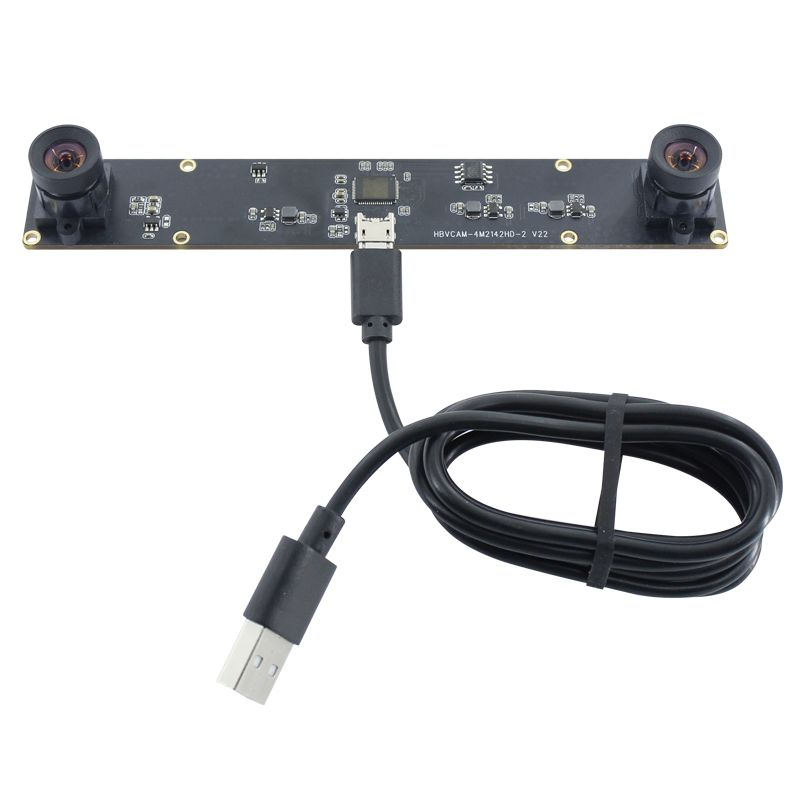

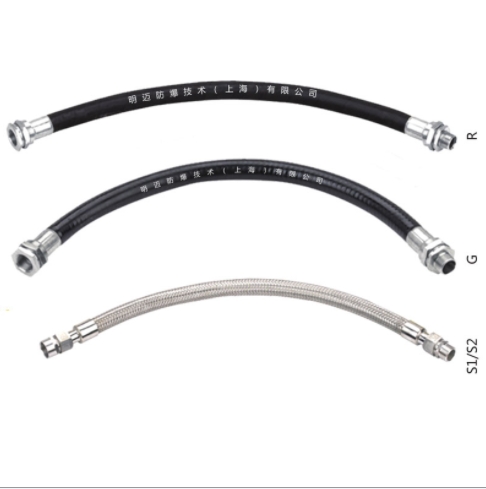
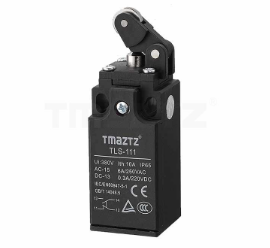
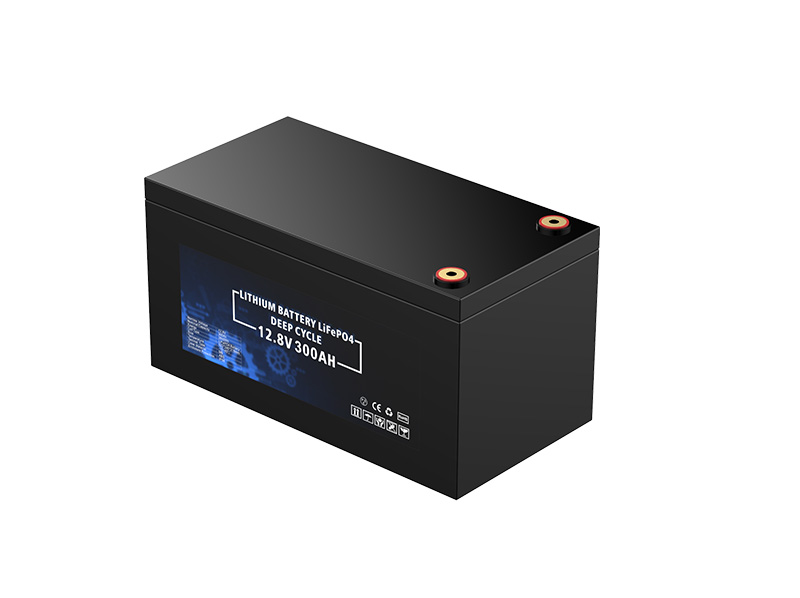

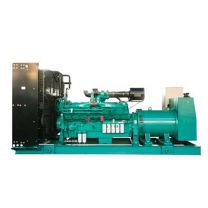
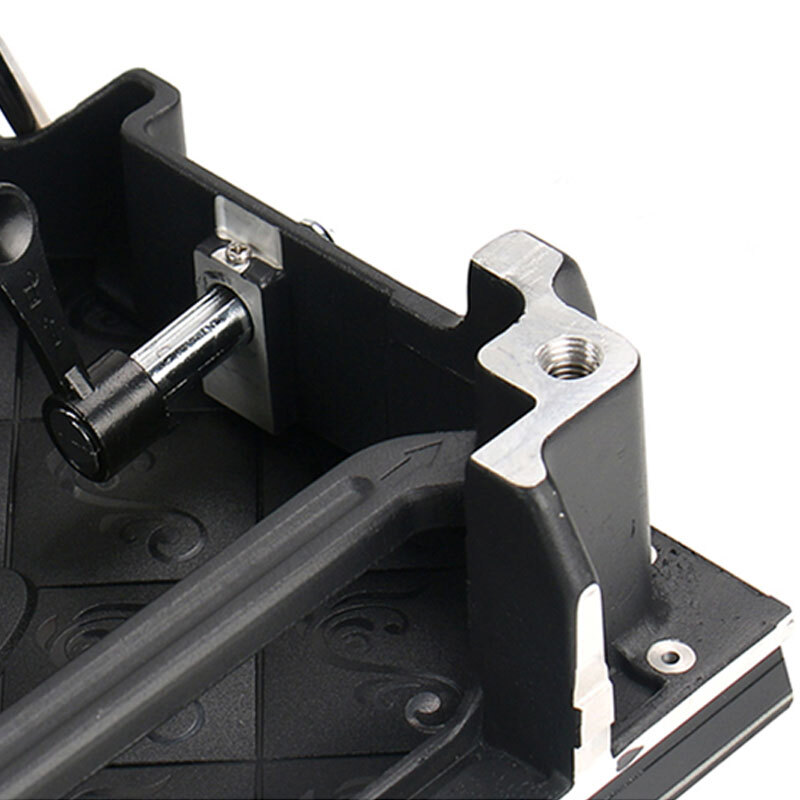
Comments
0